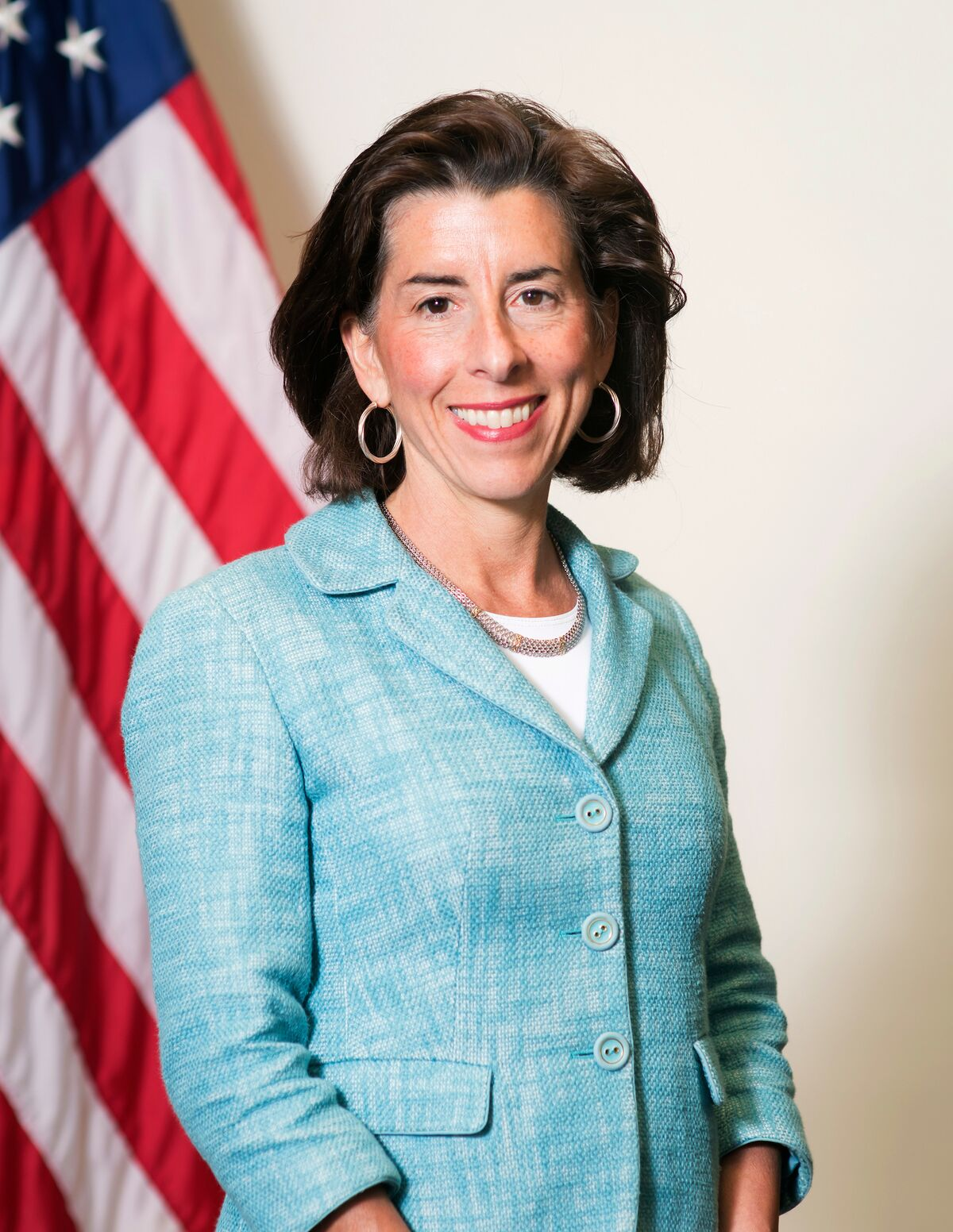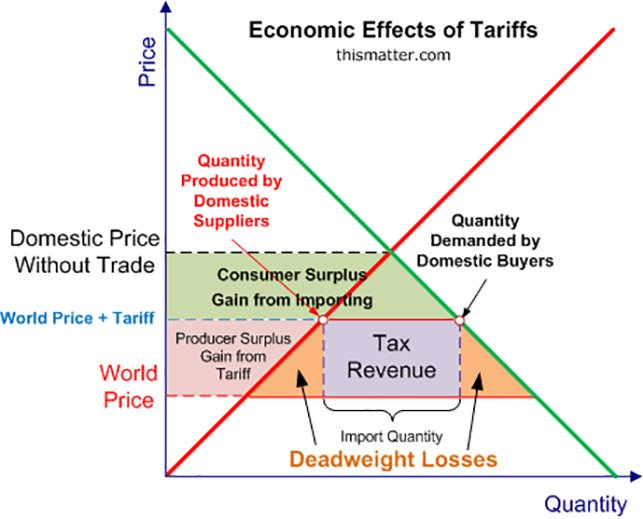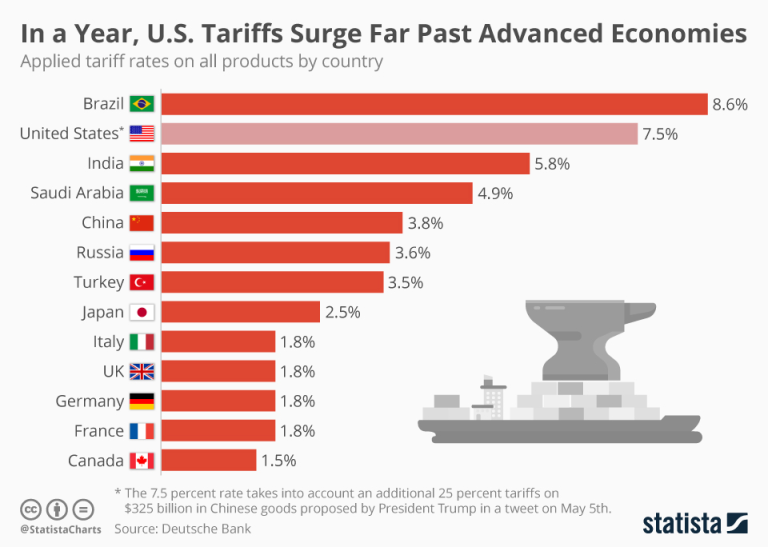
Gina Raimondo stands as a prominent figure in the Biden administration, serving as the U.S. Commerce Secretary and bringing transformative economic policies to the forefront. Known for her tenure as the governor of Rhode Island, she implemented significant reforms, including annual tax cuts and raising the minimum wage. Raimondo’s leadership during the COVID-19 pandemic showcased her ability to navigate complex supply chain issues, demonstrating her commitment to fostering economic resilience. In a recent interview, she emphasized the need for America to collaborate internationally, stating, “America can’t and shouldn’t go it alone.” Under her guidance, the Infrastructure Investment and Jobs Act became a pivotal moment in her career, highlighting her dedication to both fairness and opportunity in the economy.
The role of Gina Raimondo in shaping economic strategies is paramount, especially during her time as the Commerce Secretary. Her influence has extended beyond Rhode Island, impacting national policy and driving innovation in response to global challenges. By prioritizing the rebuilding of supply chains and advocating for collaborative international relations, Raimondo’s efforts echo her commitment to economic growth. Her approach not only focuses on immediate recovery but also on ensuring long-term competitiveness in the U.S. economy. As conversations around the future of American economic policy evolve, Raimondo’s insights and strategies serve as a critical reference point for understanding the intersection of local and national governance.
Gina Raimondo’s Vision for Economic Change
Gina Raimondo has always championed the idea that real progress often requires significant changes, which can sometimes disrupt the status quo. During her time as the Governor of Rhode Island, she implemented a series of aggressive economic policies that included cutting taxes annually and raising the minimum wage. These bold moves exemplified her belief in not just maintaining the status quo but reshaping it for the better. Her initiatives to make community college tuition-free and reduce regulations by 30% reflect a commitment to fostering a more inclusive and equitable economy for all Rhode Islanders.
Furthermore, Raimondo’s experience as Rhode Island’s governor laid a strong foundation for her role in the Biden administration. She has repeatedly emphasized that effective economic strategies require a willingness to challenge existing frameworks. Her bold stance on reform mirrors the shifts sought in national economic policies, making her a pivotal figure in discussions on America’s competitiveness. By intertwining fairness with opportunity, she seeks to ensure that economic growth benefits everyone, particularly those who find themselves struggling in the ever-evolving job market.
Navigating Supply Chain Challenges as Commerce Secretary
As the U.S. Commerce Secretary, Gina Raimondo faced unprecedented challenges during the COVID-19 pandemic, particularly concerning global supply chains. Her proactive approach involved deep analysis and collaboration to navigate complexities, which was crucial when essential goods were suddenly unavailable. She detailed how her team created detailed spreadsheets to identify and understand vulnerabilities within critical supply chains like pharmaceuticals. This intense focus on logistical issues made a significant impact and showed her strategic mind, which was essential in the rapidly changing landscape dictated by the pandemic.
Under President Biden’s leadership, she advocated for strengthening international relationships to address supply chain challenges. The emphasis on diplomacy and partnership with countries like Indonesia and the Philippines reflects a broader strategy that recognizes the interdependent nature of the global economy. Gina Raimondo’s tenure has demonstrated the importance of cooperative efforts in fortifying America’s economic resilience, as reflected in the initiatives launched under her guidance, such as the CHIPs and Science Act. This forward-thinking legislation aims not only to bolster domestic manufacturing of semiconductors but also to ensure national security in a landscape heavily reliant on technology.
The Impact of Economic Policies on the Middle Class
Gina Raimondo’s economic policies have increasingly focused on uplifting the middle class, particularly through practical measures that directly address their needs. The embrace of community college programs and enhanced child care options illustrates her commitment to facilitating pathways for greater workforce participation, especially for women. By tackling barriers that hinder individuals from entering the workforce, Raimondo aims to elevate families’ economic stability and overall quality of life, aligning with her mantra of prioritizing the ‘little guy’ in her policy-making.
Moreover, Raimondo’s criticism of hollow critiques against robust stimulus programs unveils her belief in proactive governmental response to economic crises. She deftly articulated the necessity of these measures during her time as governor, where she witnessed firsthand the dire consequences of economic downturns. By pushing back against claims that stimulus measures fueled inflation, she highlights the delicate balance required in economic stewardship and acknowledges the need for substantial investments during crises to avert further hardships for families. Her sensible approach to economic policy emphasizes not just immediate relief but long-term sustainability for the middle class.
Lessons Learned from the Biden Administration
Reflecting on her time in the Biden administration, Gina Raimondo acknowledges that navigating complex political landscapes requires compromises, but it also entails a commitment to progress. She defended the collaborative approach taken during her tenure, recognizing that getting things done in a closely divided Senate and House necessitated careful negotiation. Her insights shed light on the realities of legislative processes that often go unseen by the public, illustrating the balancing act that defined many of the administration’s accomplishments, including critical infrastructure investments and economic recovery plans.
Additionally, Raimondo stressed the importance of learning from any perceived missteps during her service. She pointed out that while critiques may arise regarding compromise, they often overlook the intricacies of political negotiations. By advocating for a focus on constructive dialogue and effective action, she reinforces her role as a leader committed to addressing the intricate challenges facing America today. This introspective view helps clarify her vision for future governance, emphasizing the need for pragmatic solutions that can withstand rigorous public scrutiny.
Gina Raimondo: Advocate for Domestic Manufacturing
A crucial aspect of Gina Raimondo’s economic vision includes the revitalization of domestic manufacturing, particularly through the promotion of semiconductor production. Highlighting the critical role that cutting-edge technology plays in national security, she champions legislative measures like the CHIPs and Science Act, which aim to ramp up production capabilities on American soil. This initiative not only seeks to address current supply chain vulnerabilities but also positions the U.S. at the forefront of innovation and technological advancement, creating new jobs and maintaining competitiveness on a global scale.
Raimondo’s emphasis on creating partnerships with private sectors demonstrates her understanding of economic ecosystems. She noted that past efforts yielded far greater private investment for public funds, showcasing an effective model of fiscal responsibility in governance. By ensuring that every federal dollar is matched by multiple private investments, Raimondo advocates for a sustainable economic strategy that promotes both growth and industry resilience. Her foresight in promoting domestic industries underlines her role as a pivotal figure in shaping America’s future economic landscape.
The Role of Education in Economic Recovery
Understanding that education is a foundational element of workforce development, Gina Raimondo has placed a significant emphasis on making education accessible to everyone. By implementing initiatives like free community college programs, she aims to empower individuals with the skills necessary to compete in an evolving economy. This focus on education as a tool for economic recovery not only addresses immediate labor shortages but also invests in long-term human capital, reflecting a comprehensive approach to economic policy that considers both present and future needs.
Additionally, the link between educational access and workforce participation is becoming increasingly evident in discussions surrounding the economy. Gina Raimondo has frequently pointed out that without addressing barriers such as childcare and other support systems, policies for education alone cannot drive meaningful economic change. By advocating for a holistic model that incorporates educational reforms alongside social program enhancements, she addresses the multifaceted causes behind disparities in workforce participation and economic opportunity.
Innovative Approaches to Job Creation
Gina Raimondo understands that creating new jobs means embracing innovative approaches and thinking outside traditional paradigms. Her tenure as both governor and Commerce Secretary has demonstrated a commitment to fostering a vibrant job market that adapts to changing economic landscapes. By exploring opportunities in emerging technologies and industries, Raimondo has been at the forefront of initiatives aimed at promoting entrepreneurship and small business growth, which are crucial for job creation in any economy.
Furthermore, emphasizing partnerships with educational institutions and the private sector allows Raimondo to craft job training programs that align with industry needs. This proactive strategy not only benefits job seekers but also strengthens local economies by ensuring that businesses can find skilled workers necessary for new projects. By fostering collaboration among different sectors of the economy, Raimondo illustrates a modern approach to job creation that prioritizes adaptability and innovation in an increasingly competitive global environment.
Gina Raimondo’s Commitment to Economic Fairness
At the heart of Gina Raimondo’s economic policies is a steadfast commitment to fairness and equity. Her experiences, shaped by her roots in a hardworking immigrant family, guide her decision-making process. She understands firsthand the struggles that many working-class Americans face, and this perspective heavily influences her policies, ensuring they prioritize the needs of everyday citizens. Raimondo’s belief that government should play an active role in leveling the playing field is reflected in her support for minimum wage increases and tax cuts aimed at middle-class families.
Moreover, she emphasizes that creating an equitable economy involves more than just good intentions; it requires systematic changes that address structural inequalities. Her policies reflect a recognition that the current economic system has marginalized certain populations, and her strategies are designed to create a more inclusive environment. By advocating for community engagement and input, Gina Raimondo seeks to ensure that the voices of those most affected by policy decisions are heard and integrated into future economic planning.
Future Prospects: Raimondo’s Vision for the U.S. Economy
Looking ahead, Gina Raimondo envisions a U.S. economy that not only recovers but thrives in an increasingly competitive global landscape. Her insights into the necessity of embracing technology and fostering innovation underscore her commitment to steering national economic policy toward a future ripe with possibility. She believes that investments in clean energy, digital infrastructure, and education will be pivotal in not just recovering from economic disruptions but also ensuring long-term prosperity.
Additionally, Raimondo’s strategic international partnerships highlight her understanding that global collaboration is key in today’s economy. She foresees a future where America not only remains competitive but also leads in critical industries crucial for the 21st century. Her vision incorporates a multifaceted approach that intertwines economic growth with social responsibility, ensuring that as the economy evolves, the benefits extend to all segments of society, thereby enhancing national resilience and fostering sustainable development.
Frequently Asked Questions
What role did Gina Raimondo play in the Biden administration?
Gina Raimondo served as the U.S. Secretary of Commerce in the Biden administration, where she was instrumental in implementing key economic strategies and policies, including the CHIPs and Science Act aimed at strengthening domestic semiconductor production.
How did Gina Raimondo’s economic policies impact Rhode Island?
As the governor of Rhode Island, Gina Raimondo introduced significant economic policies such as cutting taxes, raising the minimum wage, and making community college tuition-free, all of which contributed to greater economic opportunity for residents.
What are some key initiatives led by Gina Raimondo as Commerce Secretary?
During her tenure as Commerce Secretary, Gina Raimondo focused on enhancing supply chain resilience, promoting innovation through the CHIPs and Science Act, and forging international partnerships to strengthen America’s economic position.
How did Gina Raimondo approach supply chain issues during COVID-19?
Gina Raimondo addressed supply chain disruptions caused by COVID-19 by developing critical supply chain spreadsheets and collaborating with international partners to re-establish essential supplies, showcasing her problem-solving approach as Commerce Secretary.
What are Gina Raimondo’s views on the balance between economic growth and social responsibility?
Gina Raimondo believes that economic growth must include considerations for social responsibility, stating that labor market programs designed to support families, such as childcare initiatives, are essential for creating a sustainable workforce.
What challenges did Gina Raimondo face during her time in the Biden administration?
Gina Raimondo faced challenges in navigating a divided Congress but emphasized the importance of compromise and collaboration to achieve meaningful legislative outcomes, despite acknowledging that not all decisions were perfect.
What motivates Gina Raimondo’s political career?
Gina Raimondo’s political career is motivated by her desire to advocate for working families and ensure that the American Dream is accessible, influenced by her own family background and upbringing.
| Key Points |
|---|
| Gina Raimondo believes that achieving positive change often requires ‘breaking things’ to improve systems, while ensuring people are not harmed in the process. |
| As Rhode Island’s governor, she made significant changes including tax cuts, raising the minimum wage, and making community college tuition-free. |
| Raimondo advocates for political and economic changes that prioritize fairness and opportunity, stemming from her family’s emphasis on hard work. |
| Her tenure as Commerce Secretary included addressing supply chain disruptions during COVID by collaborating internationally to bolster U.S. manufacturing. |
| Raimondo played a key role in promoting the CHIPs and Science Act, aimed at increasing domestic semiconductor production and national security. |
| She acknowledges political challenges, including compromises and criticisms related toCOVID stimulus measures, while asserting their necessity for recovery. |
| Raimondo emphasizes the need for free trade that respects fair competition, specifically addressing issues with China’s trade practices. |
Summary
Gina Raimondo highlights the importance of embracing necessary changes while ensuring that individuals are not negatively affected. Her experience as Commerce Secretary and governor showcases her commitment to fostering economic growth and fairness, particularly through policies aimed at revitalizing U.S. infrastructure and addressing critical supply chain issues. Her approach reflects a dedication to the American Dream and a vision for a competitive economy that truly works for everyone.



